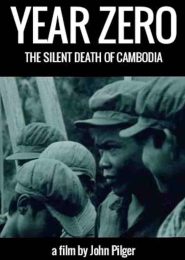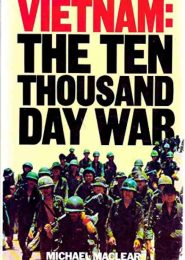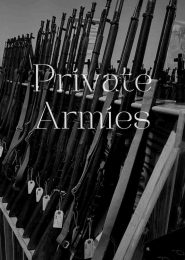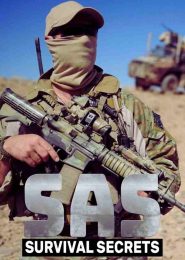War Photographer (2001)
James Nachtwey, a name that reverberates through the annals of photojournalism, stands at the heart of the documentary War Photographer. Directed by Christian Frei, this film delves into the life and work of Nachtwey, a man who has wielded his camera as a weapon against the horrors of war.
The Lens as Witness: Nachtwey’s lens is not merely glass and metal; it is a witness to the raw, unfiltered truth. His photographs—etched in black and white—speak of suffering, resilience, and the indomitable human spirit. From the rubble of Sarajevo to the scorched landscapes of Rwanda, Nachtwey has stood amidst chaos, capturing moments that transcend time.
The Weight of Responsibility: In the documentary, we see Nachtwey’s unwavering commitment to his craft. He doesn’t merely document events; he bears witness to the pain etched on faces—the hollow eyes of a child orphaned by conflict, the anguished cries of a mother searching for her lost kin. His camera becomes a conduit for empathy, bridging the gap between distant viewers and the harsh realities of war.
The Paradox of Beauty and Brutality: Nachtwey’s images are hauntingly beautiful, even as they depict the darkest facets of humanity. The juxtaposition of a serene landscape with the aftermath of violence forces us to confront uncomfortable truths. His lens captures both the fragility of life and the resilience of the human spirit—a paradox that leaves an indelible mark on our consciousness.
The Role of the Photojournalist: Through interviews with Nachtwey and fellow journalists, the film explores the ethical dilemmas faced by those who document conflict. How does one balance the duty to inform with the need to respect privacy and dignity? Nachtwey grapples with these questions daily, knowing that each click of his shutter has consequences beyond the frame.
The Power of Visual Storytelling: War Photographer underscores the potency of visual storytelling. A single photograph can ignite empathy, spark outrage, or galvanize action. Nachtwey’s work transcends borders, urging us to confront our shared humanity. His lens becomes a bridge—a fragile thread connecting disparate worlds.
The Call to Action: In one poignant moment, Nachtwey asserts, “We must look at it. We’re required to look at it. We’re required to do what we can about it. If we don’t, who will?” His words echo through time, urging us to move beyond passive witnessing. The camera becomes a call to action—a plea for change.
Conclusion: War Photographer is not just a documentary; it’s a testament to the power of visual storytelling. It immortalizes James Nachtwey’s legacy—a legacy that transcends pixels and paper, reaching deep into our collective conscience. As we view his photographs, we become witnesses too, bound by the responsibility to remember, to act, and to honor the lives captured through his lens.
The River, composed by Eleni Karaindrou and performed by a string orchestra, weaves through the film, its melancholic notes echoing the weight of the stories Nachtwey tells. Despite its minor flaws, War Photographer remains essential viewing—a stark reminder that amidst chaos, there exists a fragile beauty waiting to be seen.




